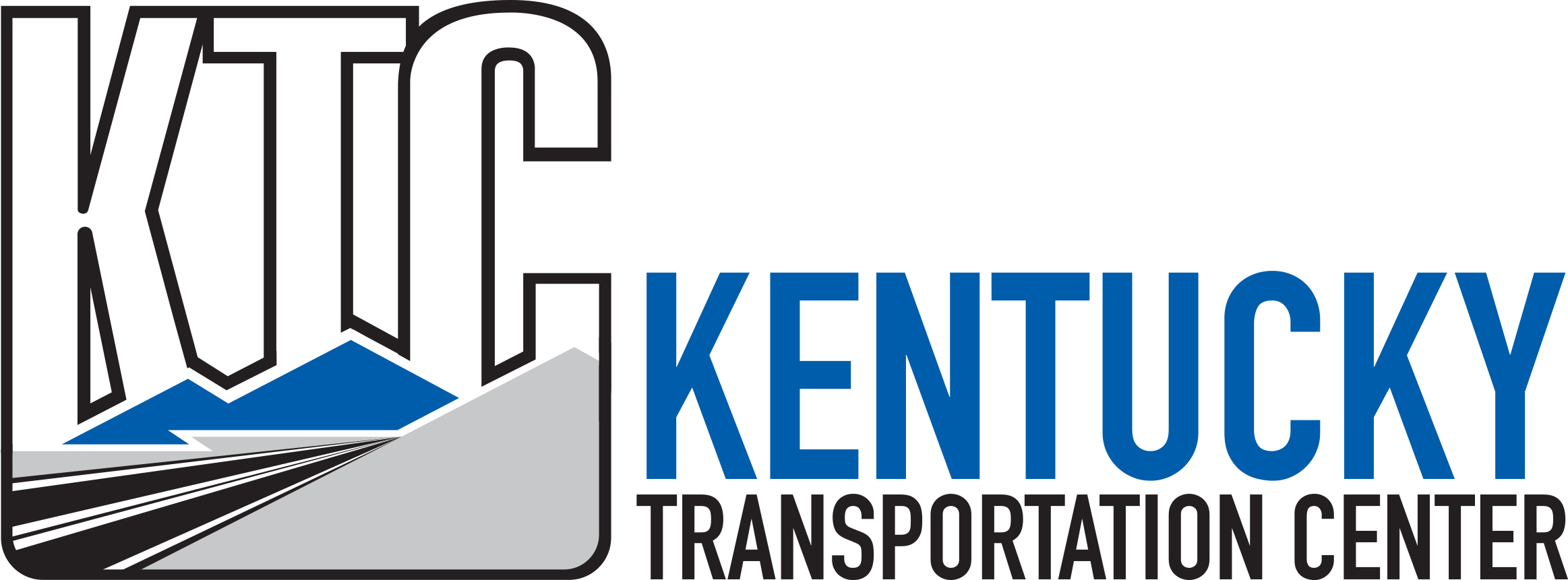Abstract
Preventing or mitigating the corrosion of reinforcing steel in bridge decks is a major challenge for state transportation agencies. With agency budgets stretched thinner every year, they must implement strategies to extend the service lives of bridges and other critical structures. As such, it is imperative for them to adopt cost effective materials and maintenance practices to delay the onset of bridge corrosion. To assist the Kentucky Transportation Cabinet (KYTC) in its efforts to improve the condition of its bridges as well as its construction and maintenance practices, researchers at the Kentucky Transportation Center (KTC) investigated the use and performance of different reinforcing materials, supplementary cementitious materials, and concrete sealers. This document extensively reviews field and laboratory studies of these materials and draws general conclusions about their effectiveness. A survey administered to transportation agencies around the United States revealed that corrosion prevention and mitigation practices vary widely, but that the use of multiple corrosion-inhibition systems is growing. Based on our literature review and analysis of practices used by other state transportation agencies, we recommend the use of multiple corrosion inhibition methods to defend against bridge corrosion. For the construction of new reinforced concrete structures, a multiple approach to corrosion resistance could prove highly beneficial and offer a cost-effective strategy to prolong the service lives of bridges. Recommended actions are proposed for KYTC, which are geared toward strengthening its bridge construction and maintenance program.
Report Date
9-2017
Report Number
KTC-17-03/SPR16-513-1F
Digital Object Identifier
https://doi.org/10.13023/KTC.RR.2017.03
Repository Citation
Van Dyke, Christopher W.; Meade, Bobby W.; Wells, Danny; Palle, Sudhir; and Hopwood, Theodore II, "Long-Term Corrosion Protection of Bridge Elements Reinforcing Materials in Concrete" (2017). Kentucky Transportation Center Research Report. 1579.
https://uknowledge.uky.edu/ktc_researchreports/1579



Notes
© 2017 University of Kentucky, Kentucky Transportation Center
Information may not be used, reproduced, or republished without KTC’s written consent.
The contents of this report reflect the views of the authors, who are responsible for the facts and accuracy of the data presented herein. The contents do not necessarily reflect the official views or policies of the University of Kentucky, the Kentucky Transportation Center, the Kentucky Transportation Cabinet, the United States Department of Transportation, or the Federal Highway Administration. This report does not constitute a standard, specification, or regulation. The inclusion of manufacturer names or trade names is for identification purposes and should not be considered an endorsement.